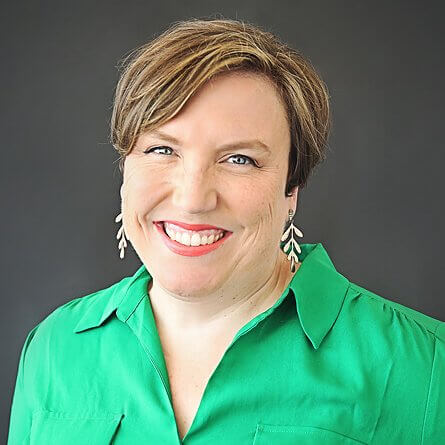
Jun 26, 2024
Equity in Practice as a Nurse Practitioner

The opposite of equity in practice is inequity in practice.
Once I began to understand the ways that groups of my patients were affected by various rules, expectations, stereotypes and historically racist policies, I also began to see inequity in practice.
Once you see it, you can’t unsee it.
Come with me as we follow a patient who is 17 minutes late to their primary care appointment. We’ll look at it from the point of view of various folks in the clinic that day.
The Patient
On its face, it’s a rather classic American reasoning of “personal responsibility,” until you learn about transportation challenges that some patients face trying to get to their appointments.
Imagine living a short distance from a major health facility, but you have mobility challenges and can’t drive yourself and instead rely on a transportation service to get you to your medical appointments. So you call the transportation provider that your insurance pays for and hope they will be able to accommodate a primary care appointment you just scheduled. They can. But you have to be ready two hours ahead of the appointment and you also can’t have any plans after the appointment because you can’t get a ride home until you call after the appointment and then that depends on everyone else’s rides in the region that day.
Now imagine you accept you will have a day of lost work and you will pay someone to care for your children, all for a 20-minute primary care visit. And then your transportation to that appointment comes 2.5 hours late. Even though you said you would be ready at 10 AM. And you get to your appointment, through no fault of your own, 17 minutes late because it also takes many minutes to shuffle with your walker through the big hospital where you were dropped off to the clinic.
The front desk calls your provider to say you are there late, and your provider says they won’t see you. Front desk staff says you broke their attendance rule and you won’t be seen. And it was loud enough for the people in line to hear. So now you are embarrassed, out of time and money and won’t have a follow-up appointment to show for it. It’s too bad about your medication refills you planned to talk about. Oh, and you remembered it’s been a while since you had a mammogram, and you know there’s a little new lump in your breast.
Perspective: the NP sitting next to the provider not practicing equity
Now that we’ve imagined a very real scenario, come with me to the ‘other side’ where I found myself as the nurse practitioner sitting next to the provider who was saying they wouldn’t see the patient. What can I do in this situation when I am aware of inequitable and unfair practices and my colleague either doesn’t know or – even worse – doesn’t care?
Wow. If I say something I might get berated, punished, scolded, or lose my job. If I lose my job my kids won’t have health insurance. Is it worth speaking up? Telling the more senior, male physician that he should see the patient even if they are late?
Let’s consider together that the physician has won accolades for caring about diversity, equity and inclusion. He has grants from the NIH that support his career. What are the risks to me and my career and my children if I advocate for an impoverished patient who arrives late? I think we all know. The risks are so high that it is impossible to consider.
Perspective: the staff supporting the inequitable provider
You know what hurts? Seeing someone being turned away from care because they were late. And here I am looking at the provider I work for and I for sure know that he said ‘no’ to that patient. He’s got other priorities. Like hobbies, getting home to his family, and working on those grants I hear a lot about. But I should be quiet. I only make $15 an hour. I can’t afford to lose this job. I won’t be able to afford my child’s medicine if I lose this job.
Perspective: an NP working to provide equitable care for my patients
When it’s understood that some folks don’t receive the same care as others and your patient shows up 17 minutes late, you learn new patterns of work. You create new strategies to ensure your patients can receive care. You demonstrate equity in practice. You advocate for policy change.
Here’s how I think about it:
First: I ask my medical assistant (MA) how this patient gets to appointments. If the answer is they rely on public or shared transportation, see the patient. If they come on their own, move to the next concept.
Second: I evaluate if this patient is one who might be affected by inequity in practice. For example, does this patient belong to a marginalized community? If the answer is yes, see the patient. If they do not belong to a marginalized community, move to the next concept.
Third: The last time I saw this patient, did we arrange a time-sensitive follow-up? If the answer is yes, see the patient. If the answer is No, walk out and see the patient in the waiting room. Explain the policy, the challenges, and ask for their help in managing how the clinic serves everyone. More often than not, something can be worked out.
Do the next right thing. Always. And expect the same of your colleagues.
Meet your patients, know your patients. Believe in them. Advocate for them. Commit to breaking inequities. One appointment at a time.

Kelly Ayala, DNP, APRN, RN, is a Wisconsin-based Nurse Practitioner and Serial Nurse Innovator. She is also the recipient of the 2023 Equity-Minded Nurse Practice award, which was co-sponsored by the National Commission to Address Racism in Nursing/American Nurses Association.
